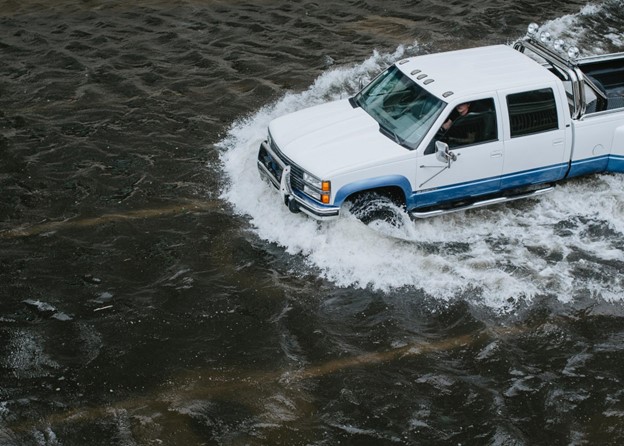Natural disasters can devastate communities and the families who live in them. Wildfires, floods, hurricanes, and tornadoes are all hazards that can damage or destroy homes when they strike, and when they do, families hope that they can rely on their insurance to put the pieces back together.
Whether or not the insurance company will help depends a great deal on the coverage you have. If the loss is insured, the insurer’s level of involvement can depend on how you handle your claim.
If a natural disaster affects your home, this is what you should know about your insurance claim.
#1 Check If The Loss Is Insured
Before you file an insurance claim, you should check to see if the loss is insured. While losses such as wildfires and wind storms are commonly covered, many homeowners are surprised to discover that they do not have flood insurance.
Flood insurance is not the same as the water damage usually included in standard home insurance policies. Water damage is usually considered to be the result of rain damage or a burst pipe, not overland flooding or sewage backups.
Before you file a claim, check to see if the loss is covered under your policy. This may involve an in-depth review of your long form policy for excluded perils and extensions of coverage.
#2 You Can Get Help with Your Claim
You do not have to file your claim alone. For a major claim, it can make sense to hire an insurance lawyer or a public adjuster. Many homeowners who have been through a natural disaster may want to know: what does a public adjuster do?
Unlike the adjuster who handles your claim and works for the insurance company, a public adjuster (or insurance lawyer) assists the policyholder. It is their goal to make sure that their client receives a fair offer in line with the coverage provided by the policy.
#3 You Can Negotiate a Fairer Settlement
When the insurance company offers a settlement, there may still be more to the process. If you believe that your policy entitles you to a higher payment, you can still negotiate with the insurer. In fact, many insurance companies use the initial offer as a bargaining position. It is important to remember, the insurance company is not in a time crunch to settle your claim, and will often offer a lower amount at the outset.
Insurance companies facing high costs from a natural disaster may be motivated to cut down on their expenses. However, there are avenues for you to push back to ensure you receive a fair offer.
#4 Document Losses Yourself
One way you can negotiate with the insurance company is to collect documentation of your loss on your own. This includes photos and videos of the aftermath of a disaster. Take pictures or videos of structural damage and damaged belongings to use as evidence to support your position if the claim becomes contentious.
#5 Budget Your Expenses
The insurance claims process can be very long and drawn out in the wake of a natural disaster that affects a large community. After the Fort McMurray wildfires, some insurance claims took years to resolve, leaving families on the hook to get by on their own or with limited cash advances on their claims until they received a resolution.
After a natural disaster, learn what you can do to make the insurance claims process go smoothly.














